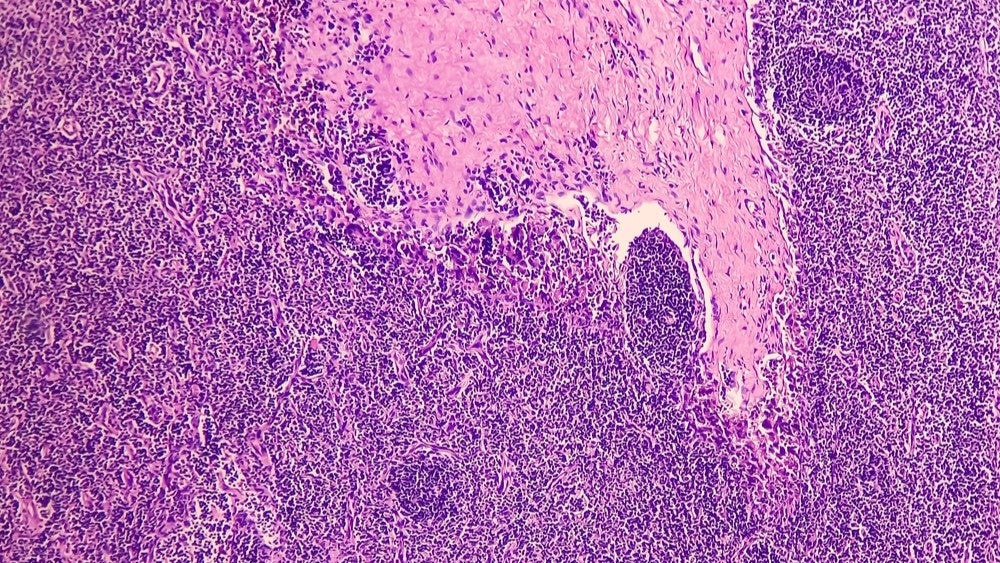Palvella Therapeutics has partnered with Ligand Pharmaceuticals for the Phase III clinical trial investigating topical Qtorin rapamycin for the treatment of microcystic lymphatic malformations.
Palvella has received a $5m upfront payment while Ligand is eligible to receive 8%-9.8% in tiered royalties on the worldwide sales of Qtorin rapamycin. Ligand also has a future option to acquire single-digit royalty on each novel topical product candidate generated from Palvella’s Qtorin platform, as per a 1 December press release.
The Phase III SELVA trial is planned to be a 24-week long double-blind, placebo-controlled study. The trial is expected to enrol approximately 50 patients. An interim analysis and potential sample size adjustment are planned after 26 participants complete 12 weeks of treatment, as per a 20 July press release.
The primary and secondary endpoints will include clinician-reported outcomes, similar to the Phase II trial. The trial sites will be based in the US and UK.
Qtorin rapamycin acts by targeting the mammalian target of rapamycin (mTOR). It was granted breakthrough therapy designation by the US Food and Drug Administration (FDA) in November.
Lymphatic malformations are rare non-malignant fluid-filled spaces caused by the abnormal development of the lymphatic system. It can occur in any part of the body. These malformations can cause compression or obstruction of nearby structures leading to different symptoms including difficulty breathing. As per the US National Organization of Rare Disorders (NORD), one in 4,000 live births have lymphatic malformations.
Qtorin rapamycin showed an improvement in symptoms at 12 weeks on a clinician global impression of change scale compared to the baseline in an open-label Phase II trial (NCT05050149). Qtorin rapamycin was well tolerated, with no reported drug-related serious adverse events.
Qtorin rapamycin is also being evaluated in a Phase III trial (NCT05180708) as a treatment for pachyonychia congenita, a rare genetic disorder which causes thickened skin of the palms and soles, thickened nails, and white patches in mucous membranes. The Phase III trial) is currently in progress.
Qtorin rapamycin failed to meet its primary endpoint in the Phase IIb CODY trial (NCT04893486) in patients with basal cell carcinomas in Gorlin Syndrome. The study met its pre-specified secondary endpoint by demonstrating a nominally statistically significant reduction in lesion size on existing clinically suspicious and biopsy-confirmed with basal cell carcinomas.
There are over 6,000 identified rare diseases, which affect more than 300 million people worldwide. In November, Calliditas Therapeutics initiated a Phase II trial to evaluate setanaxib as a treatment for Alport syndrome, a rare genetic disorder that is characterised by progressive kidney disease.









